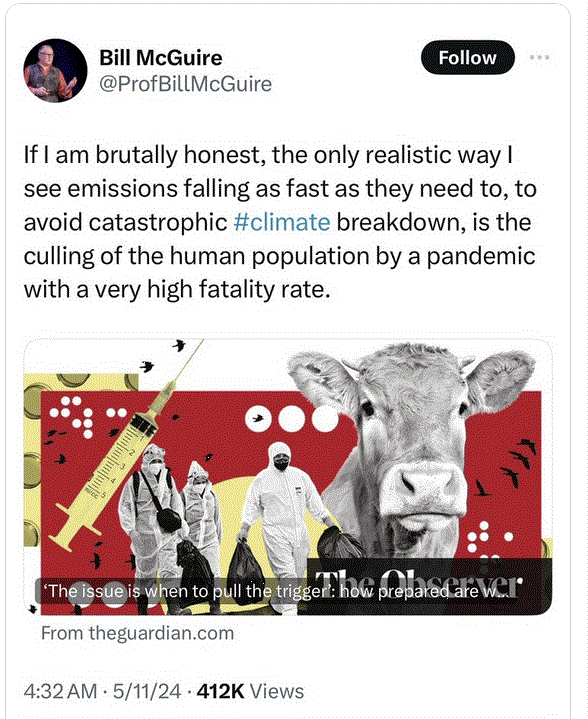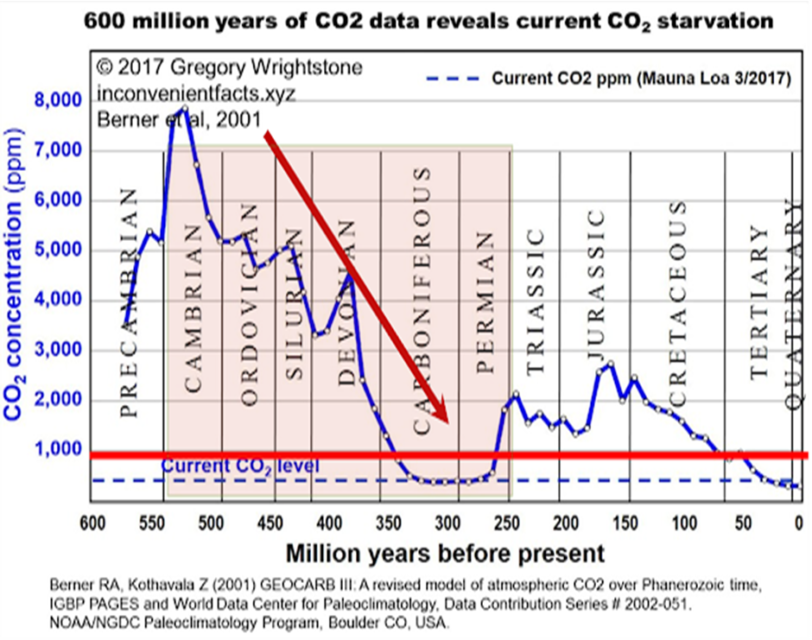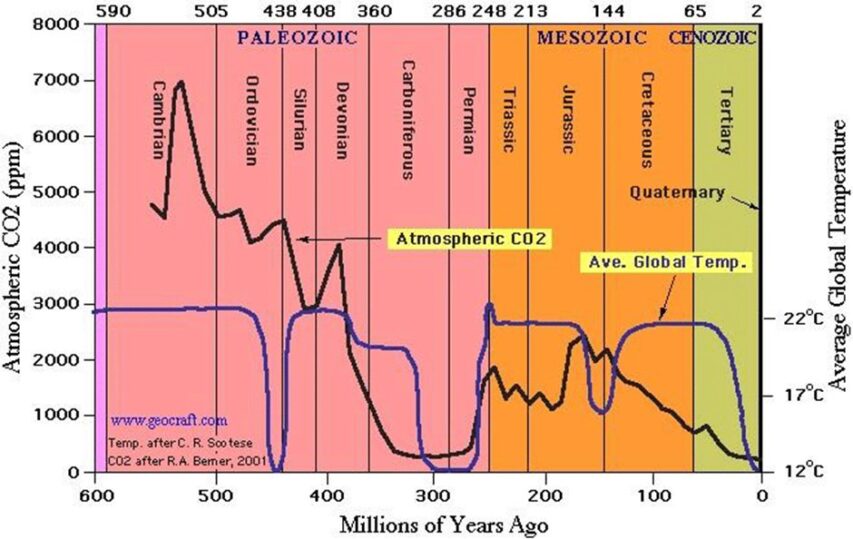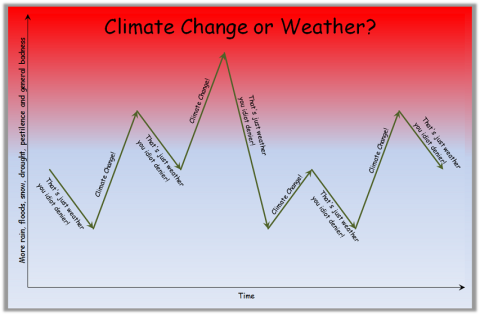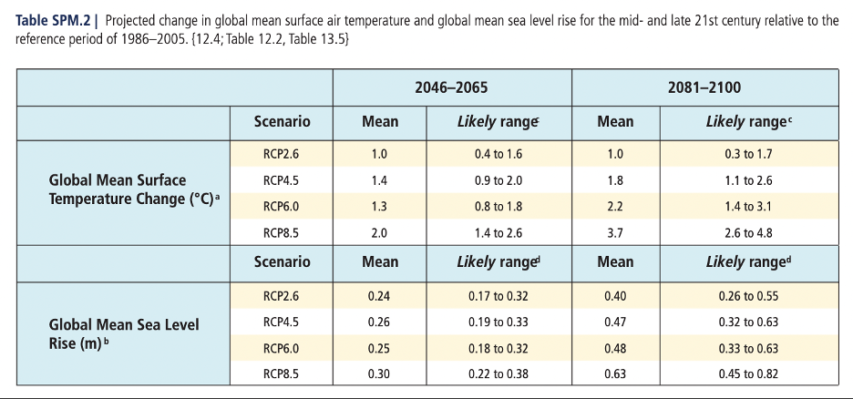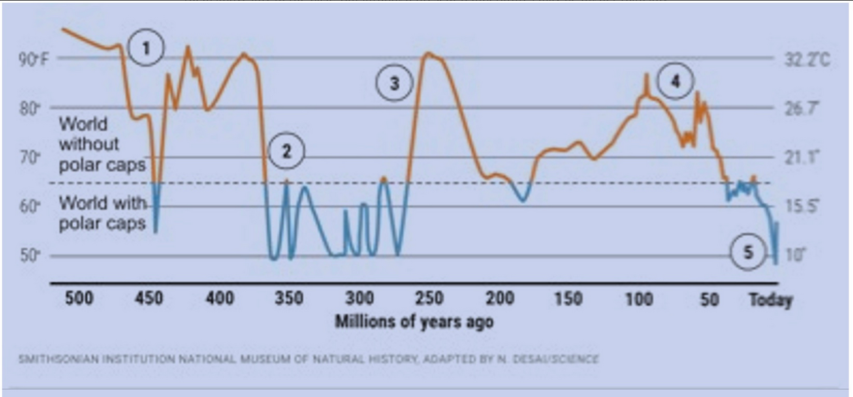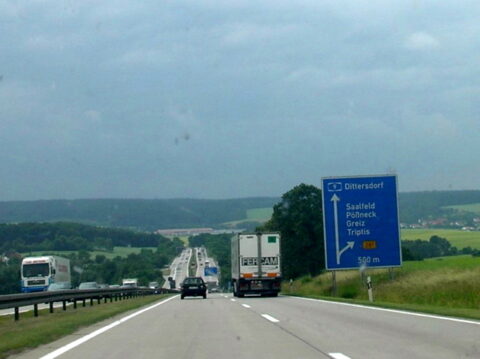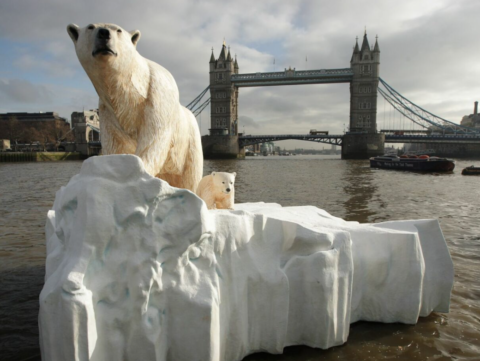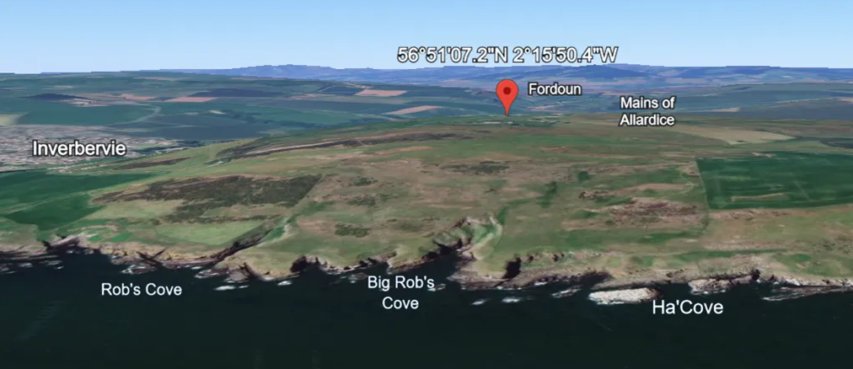Elizabeth Nickson on the strong likelihood of any given wildfire in Canada being not just man-made but deliberately set for political reasons:
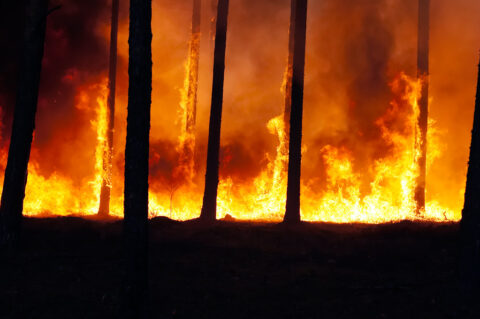
“Forest fire” by Ervins Strauhmanis is licensed under CC BY 2.0 .
A Google Earth satellite video is making the rounds on twitter. it shows the moment an arc of fires began in northern Quebec, the smoke rising. It looks like people calculated the prevailing winds so that the smoke would blow south. Then connected via sat phone, they lit them. It’s another psy-op from our gracious overlords. We aren’t afraid enough, despite every nasty limiting idiotic play they have visited upon us in the last four years. Monkey Pox failed, more plague warnings were greeted by a shrug. But this one, the world bursting into flame? Be very very afraid.
Justin Trudeau lost no time in announcing that the fires were from “climate change” and the carbon tax, which is impoverishing everyone not in government or on lush pensions, is just the beginning of the restrictions he must institute or we are all gonna die.
The stupidity and cruelty of this is almost unimaginable. But fires have worked over and over again to terrify people into quiescence. The rumours that they were deliberate were the stuff of fantasy until people started getting arrested. Alberta shows that almost 60 percent of fires in that province are human caused. And in Canada, as of today, we have arrested dozens. They will be released, their bails paid by a high-priced lawyer because most of them act as agents of the hyper-rich, paid through a cascade of environmental NGOs. The richest people among us are burning the forests in order to force compliance.
When I moved back to the country 20 years ago, the movement adopted me because I was writing for the Globe and Mail and Harper’s Magazine. I interviewed hundreds of local activists, the ones who, with the inspiration of RFK, Jr. had shut down the biggest industrial forest in the world in an action called “The War of the Woods“. They were mostly ordinary people, socialists and scientists of one stripe or another and deeply profoundly committed to saving the earth. The fact that they had eliminated the principal source of funding for health care and education — forestry — their own in fact, went right over their heads. It didn’t matter. “Climate Change” was an existential threat and those trees must stand to suck up “carbon”, or CO2, as it used to be known.
I met Denis Hayes too, the founder of Earth Day, head of the Bullitt Foundation in Seattle, founded by the heiresses to Weyerhaeuser. He excitedly told me how he created the storm of protest that led to Bill Clinton shutting down the western forests of the U.S., during the same period that Clinton was giving away American manufacturing to China. The result was devastation in forested communities from northern California to the Canadian border. Hayes, a tall, attractive Ivy Leaguer married to a woman whose father won a Nobel in chemistry, slithers through every institution. When I hung out with him, his target was Bill Gates’ climate initiatives and clearly, he has succeeded.
His “work” turned the forests into a tinderbox. Today, the 9th of June, 2023, a full thirty years too late, the Wall Street Journal editorial board finally acknowledges that sustainable forestry management may be the principal cause of the forests burning down. Holly Fretwell, a fellow at the Property and Environment Research Center, and professor at Montana State, gives, in this book, a thoroughgoing analysis of how wrong-headed and destructive “green” has been in the forests. Also this book by me, and a follow-up policy paper, also by me. These were not popular opinions, but they were, in fact, right. It is not “climate change” burning down the forests, it is government in the hands of brutal greens, in pursuit of an impossible goal.

